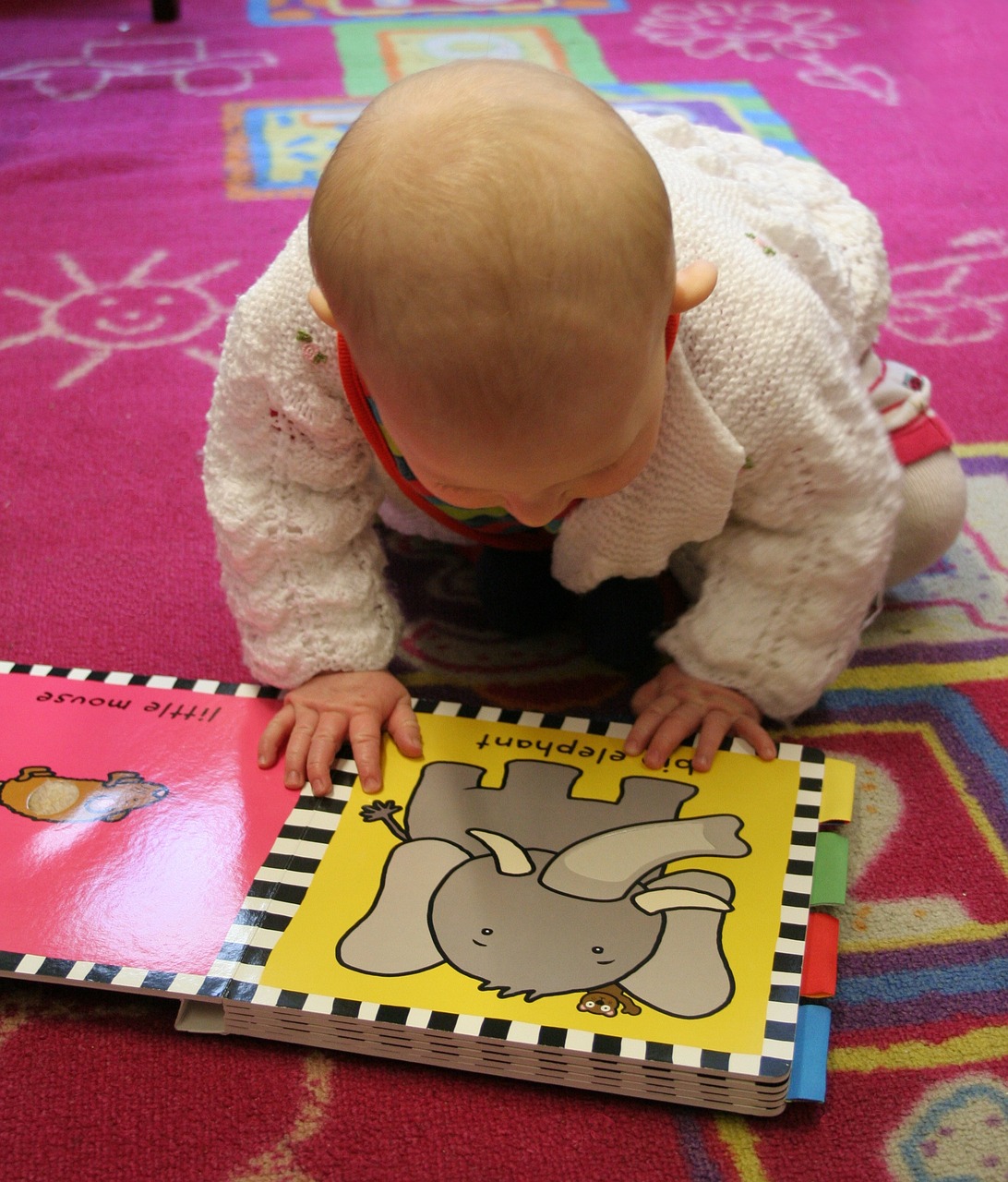In today’s world, where the lines between private lives and public personas are increasingly blurred, the psychology of celebrity worship and quasi-social relationships has become a captivating area of research. With thousands of fans gathered to sing along to Taylor Swift’s lyrics, emulating her every move while passionately discussing her life, we witness a striking portrayal of contemporary celebrity culture that sparks deep questions about fandom, the psychological roots of our adoration for celebrities, and the repercussions it may have on our mental health and societal norms.

Psychologist Lynn McCutcheon, editor-in-chief of the North American Journal of Psychology, defines celebrity worship as a growing admiration for a celebrity that can sometimes morph into an intense fascination with their private lives. The concept of ‘quasi-social relations’ emerged in the 1950s, laying the groundwork for this phenomenon, which has surged in popularity with the rise of television and the internet. These one-sided interactions with celebrities signify a significant shift in how relationships are formed in an increasingly digital society, reshaping our social fabric.
The allure of celebrities extends beyond mere entertainment; it intertwines with identity, aspiration, and escapism. Samantha Brooks, a postdoctoral researcher at King’s College London, suggests that social media platforms such as Instagram, Twitter, and TikTok make celebrities feel more accessible and relatable, enhancing their aspirational qualities. For many, these public figures embody attributes they admire, while others utilize them as a means to escape the mundane routines of everyday life, filling the void of genuine connections in an increasingly lonely world.
However, the fine line between healthy appreciation and unhealthy obsession is critical to understand. Celebrity worship can exist on a spectrum, from harmless curiosity to what McCutcheon describes as ‘borderline pathology,’ where individuals’ behaviors and attitudes are significantly influenced. The darker side of this fixation can lead to emotional distress, compulsive behaviors, and reveal deeper psychological challenges, as highlighted by recent studies linking intense celebrity adoration with cognitive deficits, underscoring the emotional toll of maintaining these one-sided attachments.
The question of why people idolize celebrities, especially amid societal challenges, is intricate and multifaceted. It ties into fundamental human desires for connection, identity exploration, and coping mechanisms for loneliness and social anxiety. The absorption-addiction model posits that celebrity worship can compensate for deficiencies in secure identities or meaningful relationships, a phenomenon that resonates deeply with young individuals striving for self-awareness in today’s hyper-connected, yet often isolating, digital landscape.
Recent research has uncovered a link between celebrity worship, mobile phone addiction, and social anxiety, emphasizing how digital media intensifies these behaviors. The incessant availability of social media content fuels dependency on mobile devices, acting as a mediator between celebrity obsession and social anxieties. Additionally, socioeconomic factors subtly influence this dynamic, affecting individuals’ tendencies towards celebrity worship and its various expressions.
This research specifically investigates the connection between social anxiety and celebrity worship among Chinese university students, aiming to shed light on these intricate relationships. By examining the mediating role of mobile phone addiction and the moderating influence of socioeconomic status, this study seeks to unravel the psychological mechanisms at play, contributing to a fuller understanding of this phenomenon and its implications for social dynamics and mental health.
Celebrity worship provides a fascinating lens through which we can examine contemporary social and psychological trends. As we navigate the complexities of relationships in the digital era, understanding the nuanced aspects of celebrity adoration is crucial for addressing its broader implications on social health and individual well-being. While engaged fans can foster joy and a sense of community, it’s vital to remain vigilant of the potential negative consequences, ensuring that our relationships with the celebrities we admire are healthy and fulfilling.
Related posts:
Celebrity worship: What it is and why we do it, according to experts
Social anxiety and celebrity worship: the mediating effects of mobile phone dependence and moderating effects of family socioeconomic status – BMC Psychology
Why We Worship Celebrities and How It Impacts Our Mental Health





